It is such an exciting time when you learn that your mare is pregnant. Just thinking about meeting that new baby in 11 months stirs up all kinds of happy emotions! If you have a mare that is breeding, you may be excited about new foals arriving. But are you aware of the issues that could come up during pregnancy? If not, then we are here to help you inform you of what to look for!
Top Mare Pregnancy Issues to Be Aware Of
Along with the happy excitement can come some concerns for the well-being of your mare and her foal. To help direct your concerns in the right direction, I have created the list below of some common mare pregnancy issues. These, of course, don't always happen, but knowing what to watch for can prevent issues when they do happen to arise.
Are you unsure about whether you want to breed your hose? You might be interested in this post about how common it is to spay mares. Of course, you might also want to know more about how there is a boss mare and how that might affect your breeding prospects.
Spontaneous Abortion
Spontaneous Abortion is the first on our list of mare pregnancy issues that come to mind. This can happen for a variety of reasons including EHV (Equine Herpes Virus) which is contagious and spread through the respiratory tract and nasal secretions. Preventative vaccination can reduce the chances of your mare contracting EHV.
Another reason for spontaneous abortion is the mare’s vulva is not upright and airtight, allowing for bacteria to enter and cause contamination. This is a common issue in older mares but can often be corrected with a procedure called Caslicks surgery. It may seem a bit unusual, but the practice of closing the vulva is something that is used to help protect the foal in some mares pregnancies.
While it is something to consider watching for, spontaneous abortion is not something that happens with every horse. You can learn more about causes and prevention from OMAFRA.
Colic
Pregnant mares have a greater chance of having colic due to all of the changes pregnancy brings to their body. Make sure that that your mare’s routine with food, drink, and bowel movements stay on track. This is especially important if your mare has a history of colic.
There are different types of colic and a few prevention tips for colic that you can also consider when you are dealing with it in your horse. A pregnant mare can have what might not be a big deal become a real issue due to the changes in their bodies as they grow the foal.
Fescus Toxicosis
Fescue is a very common grass and is one that you will often find in pastures. This makes Fescus Tocicosis one of the many issues in mare pregnancies that you should consider.
Since fescue grows tall it has a greater chance of a fungus called Acremonium Coenopialum attaching to it and infecting your mare. It can cause the placenta to grow thick, cause your mare to hold the pregnancy as long as 13 months, and cause the placenta to remain intact causing the foal and placenta to deliver at the same time. Unfortunately, this can lead to death for the mare and the foal.
The best way to prevent this is to have your pasture and feed tested for fescue fungus. Your local agriculture department can do this testing. As you consider things in your pasture and barn, you might want to take a look at these tips to make your pasture safer for your horse.
Internal Injury
The further along in your horse’s pregnancy the more you need to be cautious of anything that could cause internal injuries. Don’t push her as hard with exercise, keep her away from potential situations that could spook her, and if necessary, keep her away from other horses that might bump or push her aggressively.
Depending upon the horses you have already and how active your mare typically is, you may want to quarantine them for part of the pregnancy. There are tips to quarantine a new horse that can work in situations like this as well.
Equine Protozoal Myeloencephalitis (EPM)
Another issue to be aware of if your horse is pregnant, is EPM which is caused by the parasite Sarcocystis Falcatula found in other animal’s feces. This is a threat to all horses, not just pregnant mares as the parasite can get mixed into your horse’s feed and spread to them as they eat. Prevent EPM by keeping food off the ground and don’t leave food out overnight.
While it isn't a common issue, it is one to be aware of when breeding mares. You can find out a lot more about equine protozoal myeloencephalitis from studies done through NIH.
Laminitis
Laminitis is another common problem for all horses and not just pregnant mares, however, it bears mentioning since mares that have had laminitis in the past are especially susceptible while pregnant. Laminitis is treatable and to avoid oxygen issues with the foal it is best to avoid Bute and treat with Banamine instead.
If you haven't dealt with laminitis in horses before, you might want to check out these early warning signs of laminitis in horses. There is also some information out there about new treatment and prevention of laminitis that is worthy of consideration.
Twinning (Multiple Births)
The risks drastically increase for a mare pregnant with twins (or triplets). Typically, around week 14-15 your veterinarian can check to see if your mare is carrying twins. It is extremely difficult for your mare to carry twins and have both babies live and be healthy. If your mare is pregnant with twins, it is important to work closely with your veterinarian to ensure the best possible outcome for your mare and the babies.
Need some inspiration? You will love this story about the one-eyed mare who gives birth to twins or the rescue mare that had twins. It's so much fun to read these stories for encouragement if your horse happens to have twins.
Horse Courses by Elaine Heney
- Listening to the Horse - The Documentary by Elaine Heney & Grey Pony Films
- Shoulder In & Out Training for better balance, bend & topline development with your horse
- Over 110+ Polework Exercises & Challenges to Download
- Dancing at Liberty & Creating Connection with Your Horse (11 lessons) - Grey Pony Films
Uterine Artery Ruptures
A Uterine Artery Rupture happens when the artery in the uterus that supplies blood from the mom to the baby bursts. This is more common in older mares since with age the artery loses elasticity. This becomes a high risk if your mare is 20 years or older. This situation can be fatal for your mare and the foal, so it is important to have regular checkups with your veterinarian.
Now that you know some of the issues that mares come against in pregnancy, you can be alert to watch your mare closely and consult with your veterinarian to give your mare the healthiest pregnancy possible.

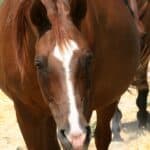


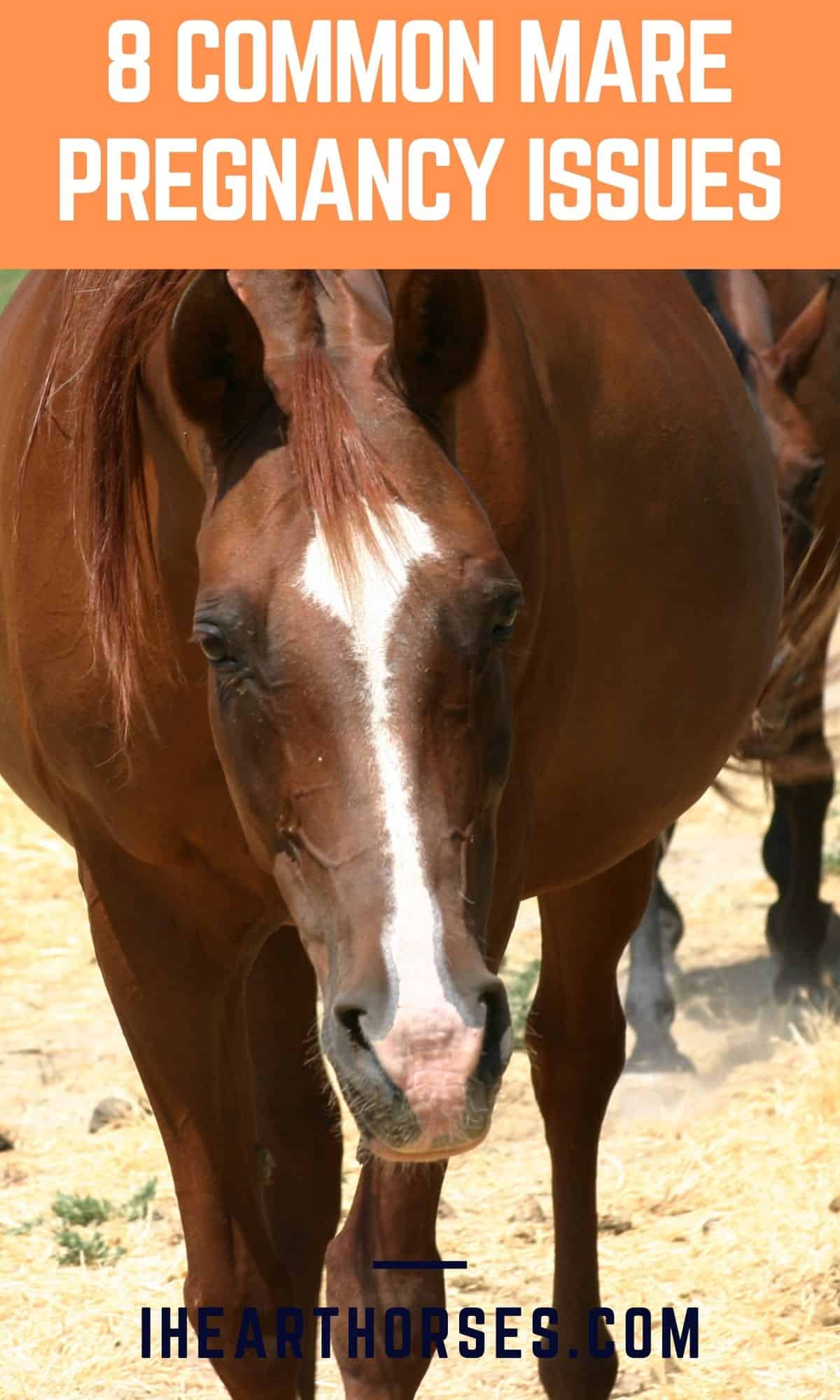
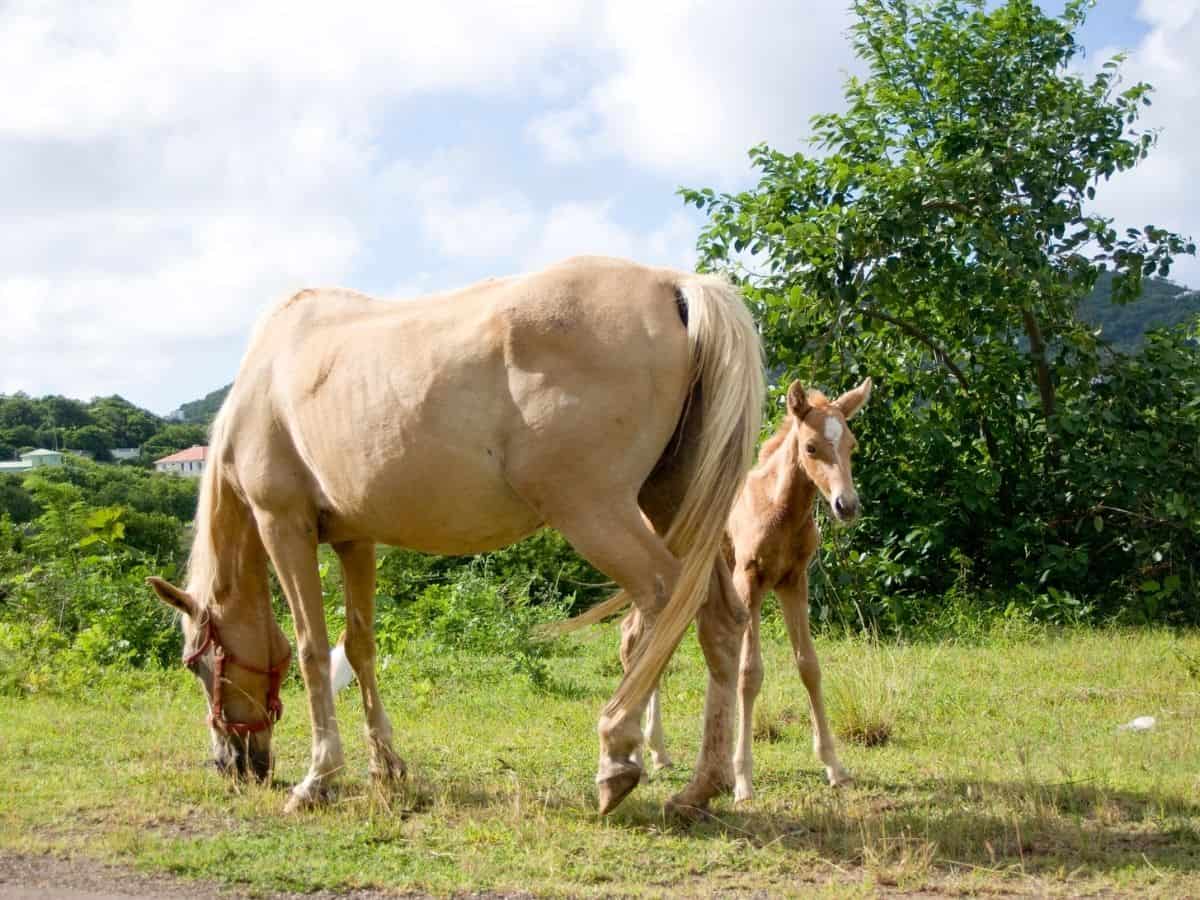
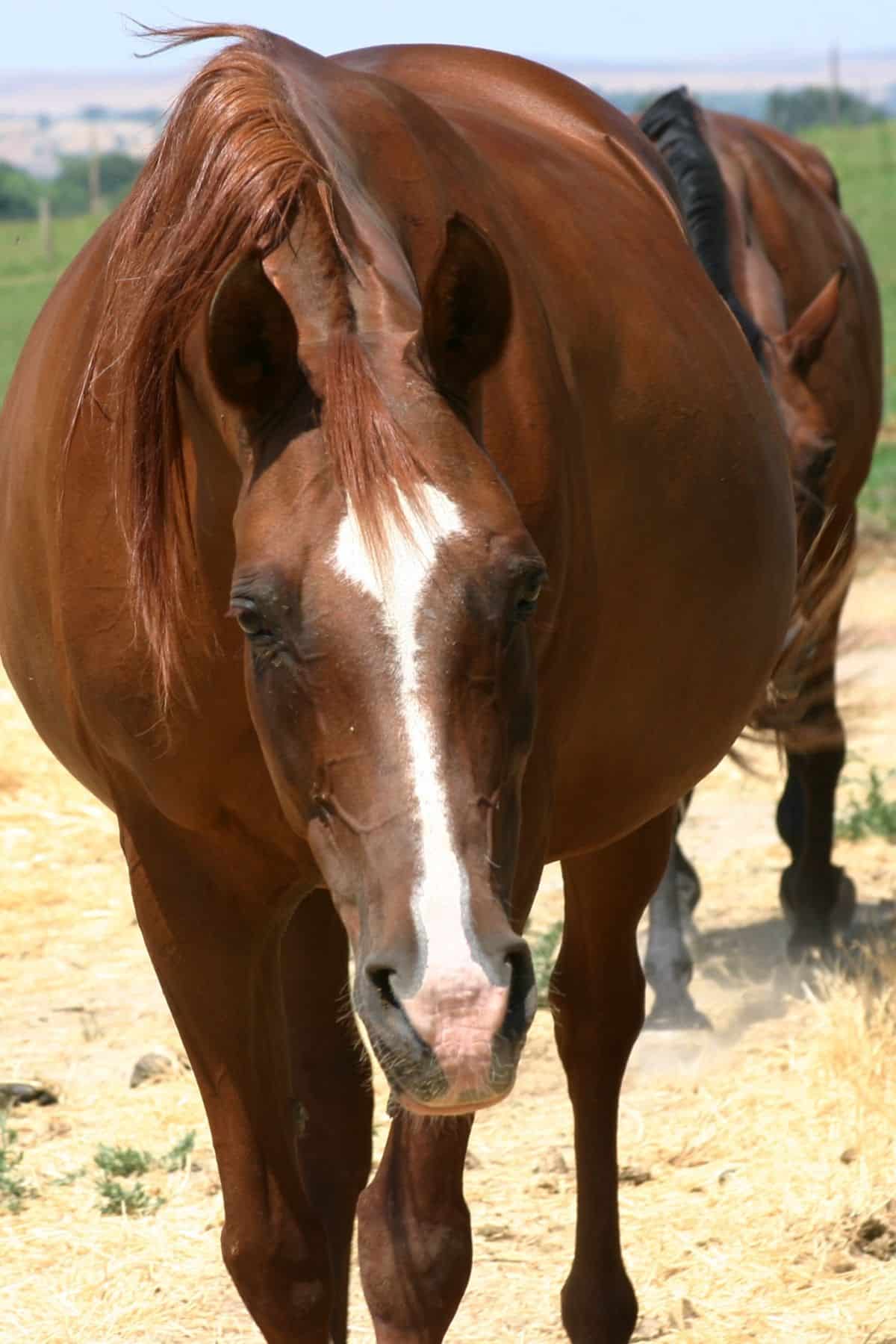
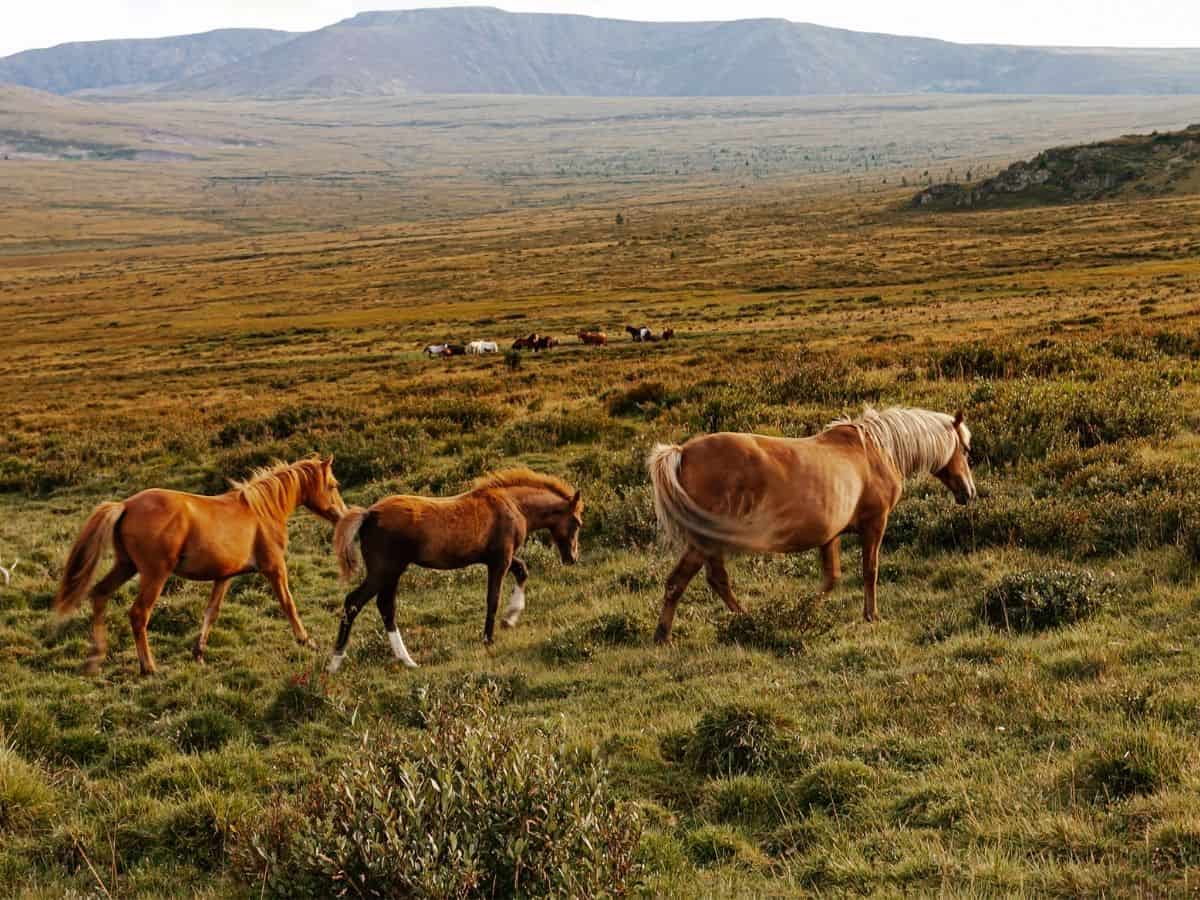

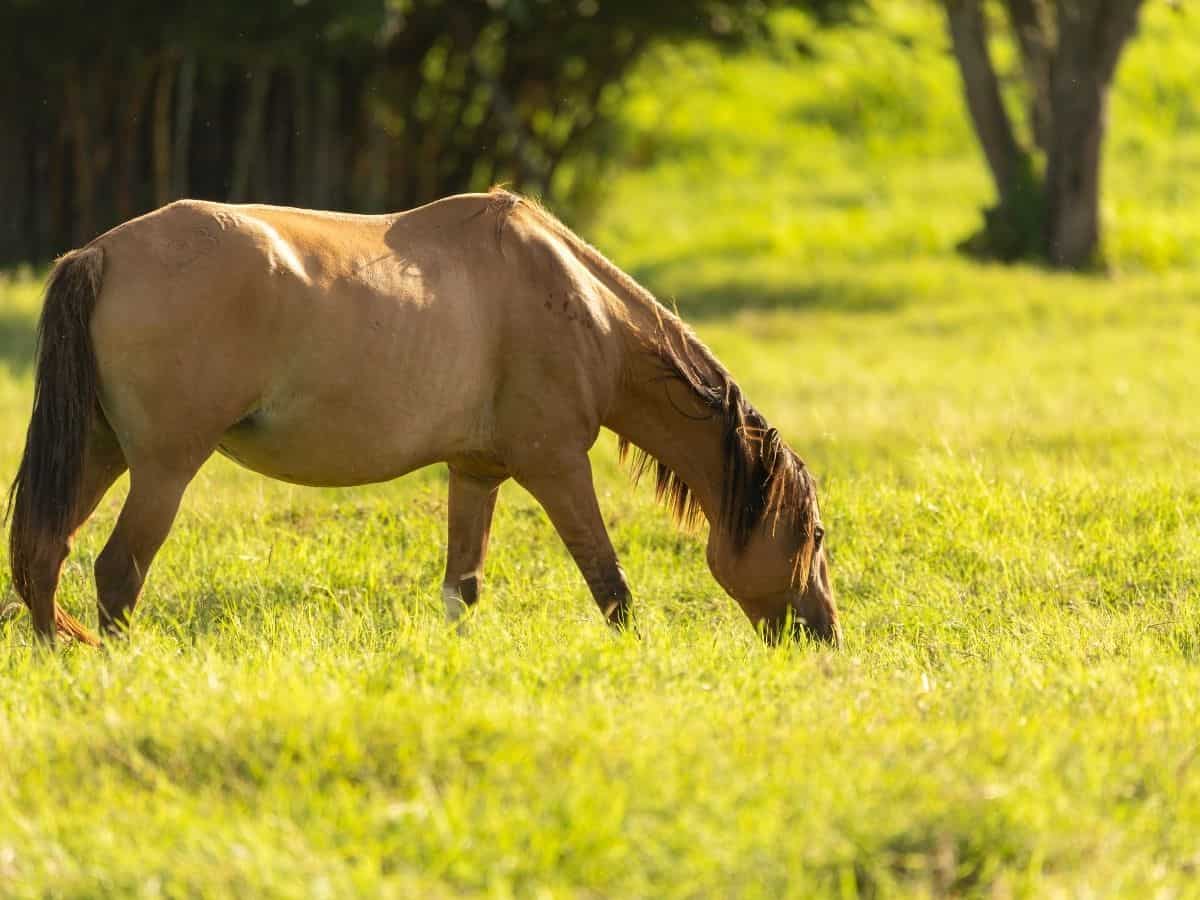
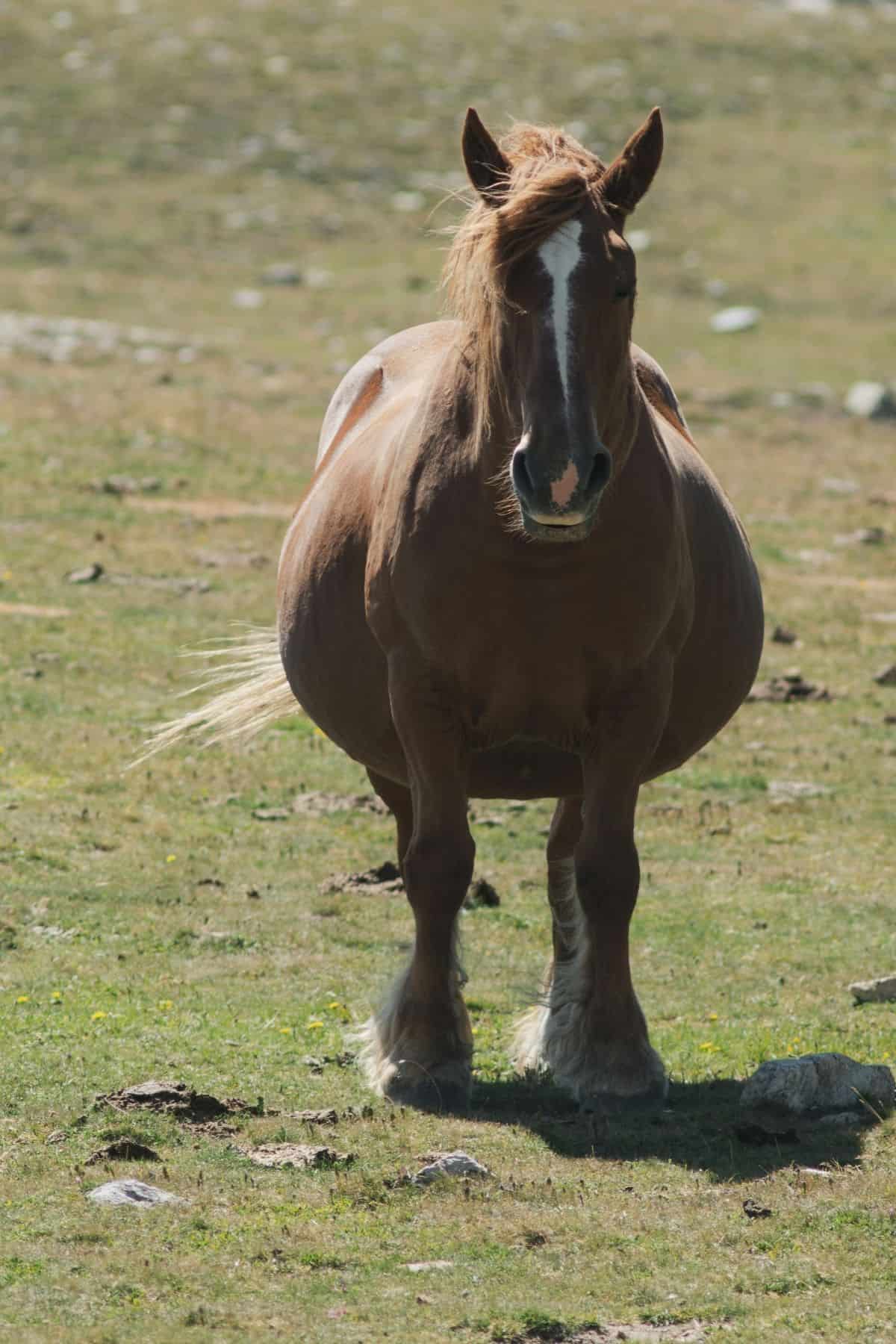
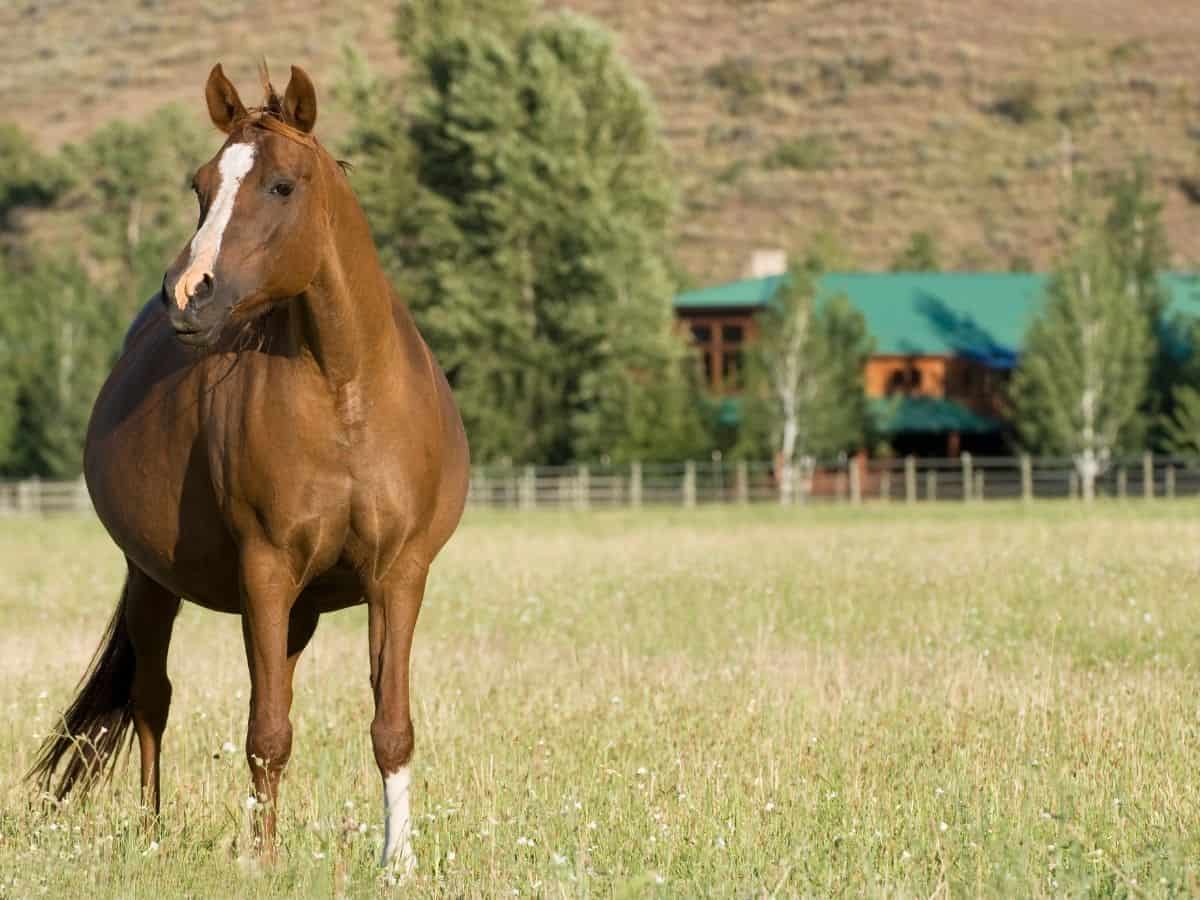
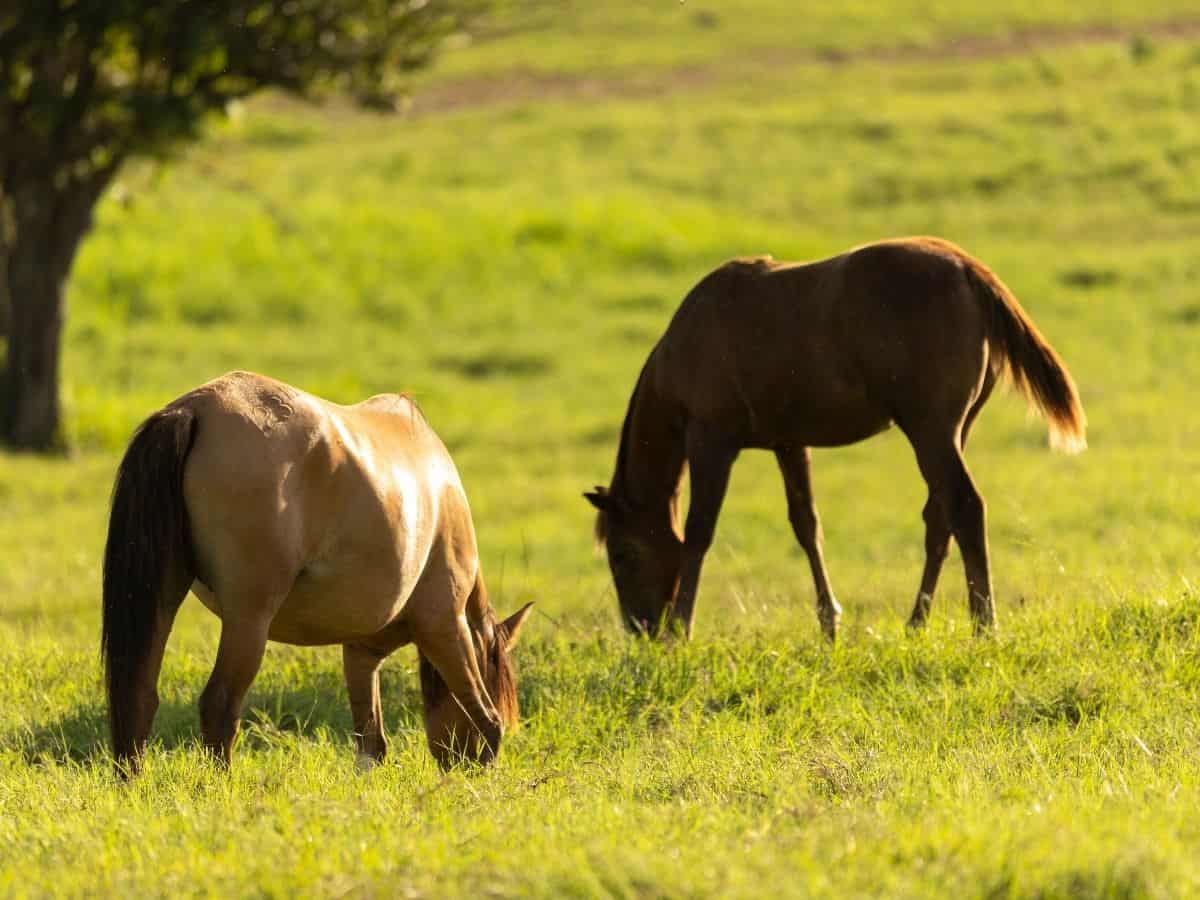
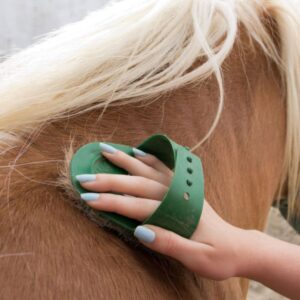
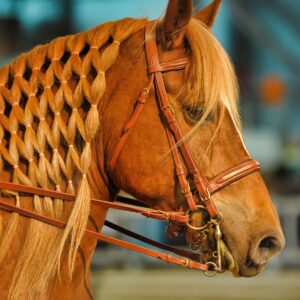


Leave a Reply